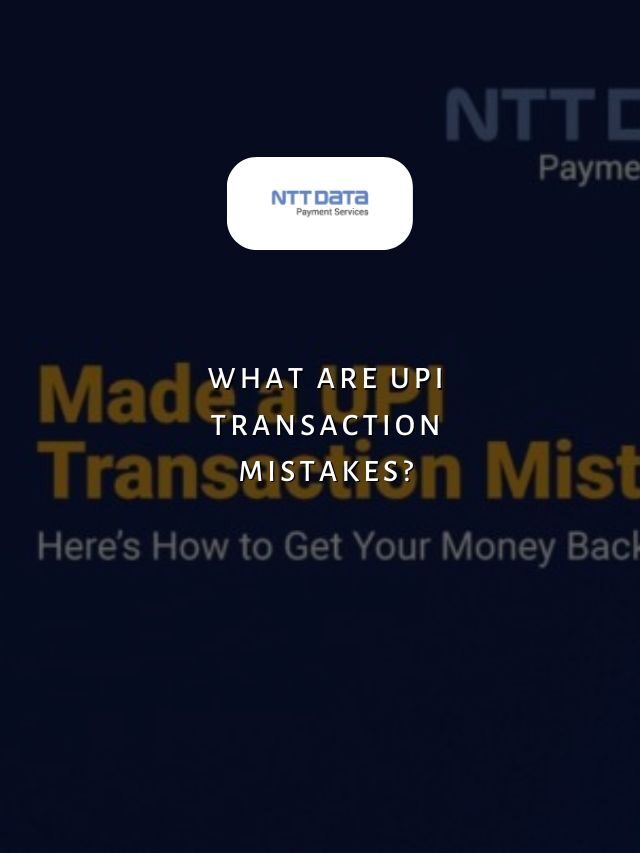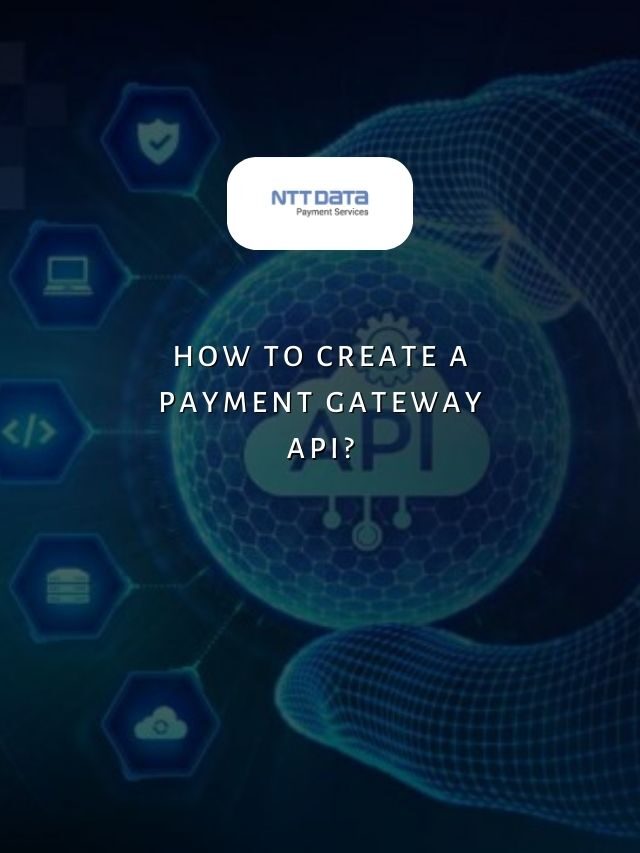
Table of Contents
To run a successful online business, one needs to integrate a payment gateway on its website. Before integration prepare for the compliance process to ensure that the website complies with Banks’ or Payment Processors’ Regulations, to accept online payments. Though the compliance process may take up a significant amount of time when you prepare for it wisely, you can shorten it
8 Website Compliance Requirements To Integrate Payment Gateway
Below are lists of information you need to implement, to integrate NTT Data Payment Gateway on your website, let us begin by explaining them to you in detail:
1. About Us Page:
Let your ideas flow freely. This is where people will know about you, your journey, your products or solutions, your clients, and most importantly, how far you have come!
2. Contact Us:
This part of the website is very vital for the company’s growth. It should consist of all the phone numbers the company has, your official e-mail ID, and your postal address, and don’t forget to include your working days and times. This will give your customers clarity on your business timing therefore not raising unwanted expectations.
3. Transparent Terms and Conditions:
It is always advisable to be transparent regarding the company’s terms and conditions so that the customers are aware with regards to their rights and avoid any customer uncertainty and misunderstanding. Pre-defined terms and conditions are always a win-win situation for both the seller and the buyer.
4. Privacy Policy:
The privacy policy of your web page should contain all the required information that a customer needs to know before they sign up for anything with the online seller. This policy puts the seller in a higher position for they always have a backup in writing or agreement that states what the customer has signed up for and that none other than the stated information or data have been collected by the seller.
5. Product and Pricing Details:
Everyone fancies a website that has no hidden pricing policy, don’t we? Why not practice what you preach! It is advisable to have a competitive or a psychological pricing policy for all your products and have a small write-up, supporting the product description and the price for the same. It is better to openly disclose updated pricing information for public speculation rather than a hidden policy wherein your customer has a mini heart attack every time they reach the check-out page.
Recent Web Stories
6. Cancellation Policy/ Refund and Return Policy:
Often a miss out by most online players, this policy can do wonders for your business if disclosed! The price of the product that online retailers sell somehow contains the shipping charges and other miscellaneous add-ons too and therefore keeping such cancelation refund and return policy play a role that benefits both the seller and the buyer.
To run your business smoothly do remember to implement the timelines involved within which one can cancel the booking of a product or service and mention the mode of refund payment. Also, address questions like who will bear the cost of the return, how will the product be collected in case of a return, and many more.
E.g. will it be a partial refund or a full refund, how will the refunds be initiated, and within what time frame can a customer expect the refund to reach them? If catering to customers internationally do address issues like any restrictions or caps you have based on the country and the location of a product or service?
7. Shipping & Delivery Policy:
Below is the list that online retailers must disclose in their shipping and delivery policy:
- Does the product contain an additional shipping or handling fee?
- If yes, please mention the cost involved.
- How long will it take the product or service to reach the customer’s doorstep? Overnight, Express, etc.
- Does your shipping policy provide international shipping or is it just domestic?
- Mention an estimated delivery date and time.
- Last but not least, do mention if there is any restriction that you must abide by based on country, location, and product or service!
8. Disclaimer:
The disclaimer section on your website must contain your business module that specifies any statement intended to agree or restrict the scope of rights and obligations that may be exercised and enforced by parties in a legally recognized relationship.
| Also, you can get frequent updates on nttdatapayments Instagram page. |
Conclusion
To conclude, the above-stated pointers will enable your website to comply with the bank’s or Payment Processors’ Regulations and give a lot of transparency to buyers! Including a FAQ page is also not a bad idea, but also not a requisite. Though the whole process could seem lengthy and time-consuming, it will surely help your business address disputes that may arise in the future!
Still, have a question? Contact our Support Team available 24*7. Also, do visit NTT Data Payment Service. We’re happy to help!







